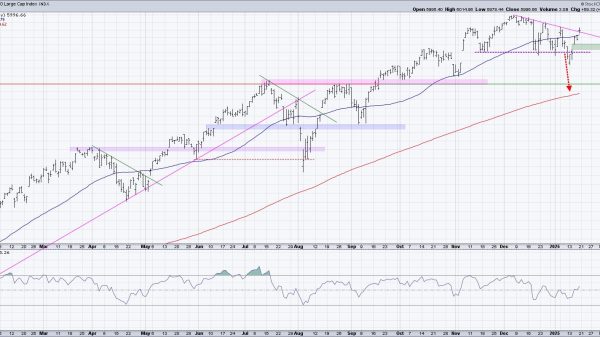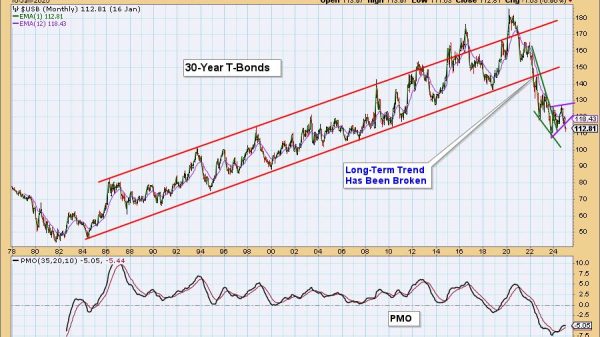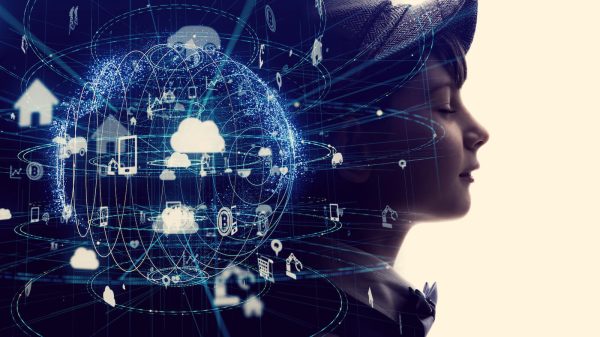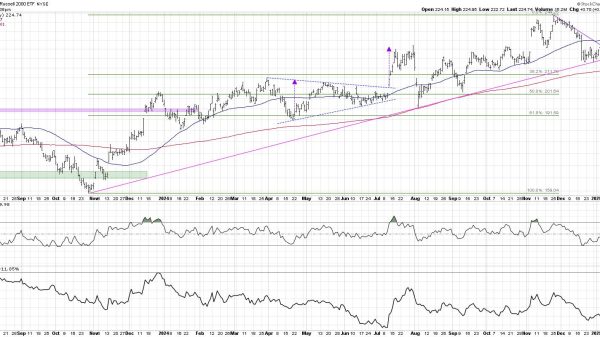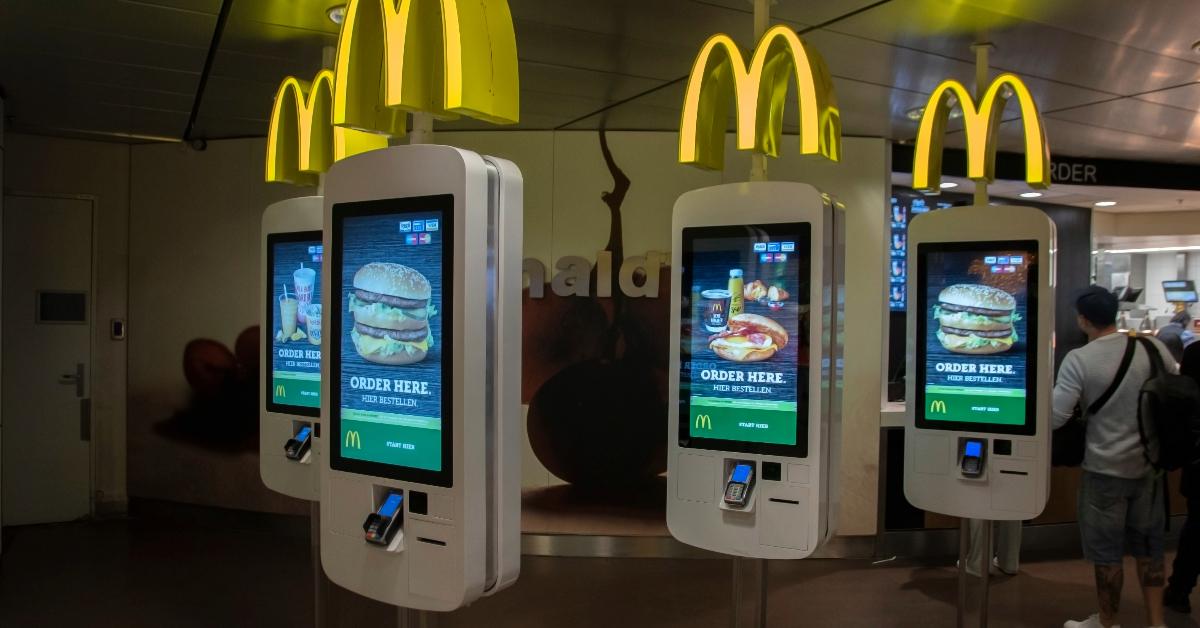Young people often get their first jobs in fast food or in some sort of retail customer service. Young and not so young adults are aware that fast food jobs will equip them with the skills needed to acquire future employment. Some choose to make a career in fast food, while for others it is a means of developing skills and earning money to satisfy their needs and wants.
In the past, people could easily find employment making burgers and French fries, but soon enough it won’t be so easy. Artificial intelligence–generated robots can make burgers and fries, too, and many companies are turning to robotic kitchens staffed by “McRobots.” But McRobots are not competing with humans for employment the way one might think.
The good news is that recent industry projections show that fast food and retail jobs are rising in many parts of the country. These jobs are vital to our economy and to people seeking entry-level work. A Gitnux market data report states, “In 2021, there were over 3.8 million fast food employees in the United States alone and this number is projected to grow 14 percent by 2026.” Is the bad news that the expected growth in the fast food industry might be through the heavy use of AI-powered McRobots?
That would be understandable, given that McRobots will stay with their employer and not seek higher wages elsewhere. Conversely, a comparative disadvantage of McRobots is their need for costly maintenance and upgrading to operate correctly and consistently. Would AI-powered McRobots give longer tenure and provide a cost advantage to the employer? Because fast food kitchen robotics are efficient and cost less in the short run than humans, are humans now the least preferred workers in the fast food industry? Said another way, do employers prefer to hire a McRobot instead of you? If McRobots cost less, then yes. If McRobots cost more, then no.
Is a McRobot as effective in serving people as humans are? No. Not at all. There are downsides when a McRobot serves you burgers and fries. A 2022 Business Insider article points out that “technology isn’t always reliable—if the electricity supply for the kitchen cuts out, then it’s not able to operate. . . . [I]n the pizza kitchen, there’s only one cutting machine so if that breaks, then that poses an issue. It could take an hour or two before someone fixes the problem.”
So would you hire an AI-powered robot instead of a human worker? There are clear reasons for employers to hire a robot to do work that a human would otherwise do. Here is the deal: Robots do not call out of work. Robots do not slow down production when they are disgruntled. Robots do not text or go on social media while working. Let us be honest: humans do.
But overall, humans provide employers with more value than a robot can produce. Humans can be empathetic toward others, serve their fellow man, solve complex problems, and form relationships that machines cannot. Human workers are inventive and, at times, seek out new ways to gain efficiency. Robots can assist employees in achieving efficiency, but they cannot conceptualize and articulate new ideas. Therefore, they can never match the abilities of humans.
With the advent of robotic, AI-powered fast food kitchens, the question is: What price are employers willing to pay for McRobot employees? In his writing on labor discrimination, economist Walter E. Williams makes a highly compelling example of the compensating differences given back to the employer through hiring the least preferred worker:
Some people consider chuck steak less preferable than filet mignon. That puts chuck steak at a competitive disadvantage with filet mignon. The way that chuck steak offsets its disadvantage is by “compensating” the buyer. The chuck may sell at $2 a pound, while the filet mignon sells for $5. The compensation that chuck steak makes to the purchaser is $3 a pound (the difference in price). Therefore, if one indulges one’s preference for filet mignon, there is a price to pay.
Professor Williams’s analysis concludes that employers can indulge in their preferences, but it will cost them dearly to do so. In a free market, a less preferred option at a lower cost constantly competes with the preferred choice. Robotic kitchens are said to provide services at a lower cost—but what price will companies have to pay? This is where the difference between a socialist and a capitalist market economy comes into play.
Only in a socialist economy can fast food managers indulge in their personal preferences despite the economic costs, because the costs of their decisions do not come out of their own pockets. In a true market economy, managers always seek the least preferred over their preferred option. Effectively, if human fast food workers seek wage increases, it encourages fast food companies to turn to their preferred source of labor, McRobots, as any other choice would not give cost savings.
The critical fact is that fast food companies can hire McRobots by indulging their preference scales, which comes with associated costs in a market economy. Are the costs of this decision connected with the higher and minimum wages? Yes. If government ordered fast food companies to raise their wages to $100.00 an hour for all workers, would a McRobot bid lower than a human and get the job? Probably. Furthermore, while fast food management might prefer robotic kitchens and checkout clerks in the short run, it would cost them in the long run more to indulge in this preference for the AI-powered McRobot. Employing AI-powered cooks, McRobot drive-through cashiers, and service-oriented robotic kitchens would no doubt ultimately increase the prices of burgers and fries due to the breakdown of robotic machinery, AI software upgrades, cooking coding errors, natural disasters causing electricity shutdowns, and so forth.
While a McRobot would never consider moving to another employer and would be a loyal and trusty employee ad infinitum, unlike some humans who seek greener pastures, the fast food industry sees three times as much human turnover as other service-oriented industries. This is because humans learn and develop over time through work experiences. Employees also decide to move to other sectors using their skills to try to increase their earnings. Once skilled and experienced, they can take advantage of market opportunities in other industries. The ability to start work in fast food at a lower price to an employer will be hindered given the increasing use of McRobots where in some cases humans might bid lower in the short run.
Economist Art Carden points out the vitality of fast food employment for humans in his recent article “America Needs More McJobs”: “‘McJobs’ aren’t just worth having. They’re vital. They make it easier for the people who have them to accumulate valuable skills and labor market experience, which research has shown leads to higher future earnings.” McRobots do not have to think about future market opportunities, seek to develop their human skills to become marketable, or seek rewards for their efforts.
The main thrust currently driving the increase in fast food employment is the ability to hire the least preferred worker—who, as of now, is the human employee. That means the skilled or unskilled person seeking work can find it in the fast food industry at a lower cost to the employer. Will this change? Yes. Has this changed? Change is on its way. If fast food workers’ wages steadily increase in comparison to productivity, the least preferred employee—McRobot—will substitute for human employees. Will fast food management self-indulge and hire humans at the higher bid? Human employees will be the new filet mignon and McRobots the chuck steak. So who will you hire?











